To provide the best experiences, we use technologies like cookies to store and/or access device information. Consenting to these technologies will allow us to process data such as browsing behaviour or unique IDs on this site. Not consenting or withdrawing consent, may adversely affect certain features and functions.
The technical storage or access is strictly necessary for the legitimate purpose of enabling the use of a specific service explicitly requested by the subscriber or user, or for the sole purpose of carrying out the transmission of a communication over an electronic communications network.
The technical storage or access is necessary for the legitimate purpose of storing preferences that are not requested by the subscriber or user.
The technical storage or access that is used exclusively for statistical purposes.
The technical storage or access that is used exclusively for anonymous statistical purposes. Without a subpoena, voluntary compliance on the part of your Internet Service Provider, or additional records from a third party, information stored or retrieved for this purpose alone cannot usually be used to identify you.
The technical storage or access is required to create user profiles to send advertising, or to track the user on a website or across several websites for similar marketing purposes.
 Cornerstone OnDemand have published a new workforce trends report from the Cornerstone People Research Lab (CPRL) titled A License to Skill: Embracing the Reskilling Revolution. The research report claims that while organisational leaders and employees have rallied around the importance of skills, there remains a confidence gap in the efficacy of skills-based learning programmes that advance careers and innovation in the business. More →
Cornerstone OnDemand have published a new workforce trends report from the Cornerstone People Research Lab (CPRL) titled A License to Skill: Embracing the Reskilling Revolution. The research report claims that while organisational leaders and employees have rallied around the importance of skills, there remains a confidence gap in the efficacy of skills-based learning programmes that advance careers and innovation in the business. More →







 Singapore, Helsinki and Zurich have come top in the
Singapore, Helsinki and Zurich have come top in the 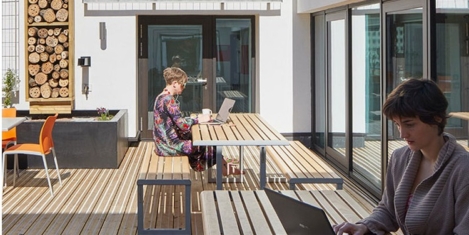
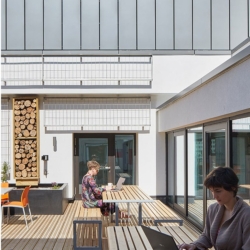


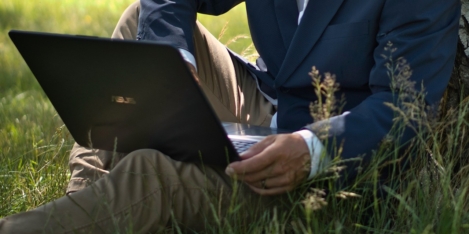
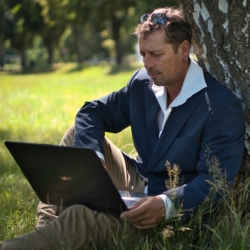 Covid-19 has changed the profile of today’s jobseekers and as such, an organisation’s purpose is valued more than ever suggests new research from the recruitment agency
Covid-19 has changed the profile of today’s jobseekers and as such, an organisation’s purpose is valued more than ever suggests new research from the recruitment agency 
 A new report from
A new report from 



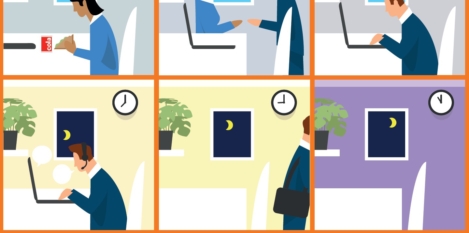
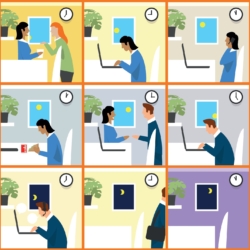












September 15, 2020
Testing times for offices mean new regimes at work
by Helen Farr • Comment, Wellbeing